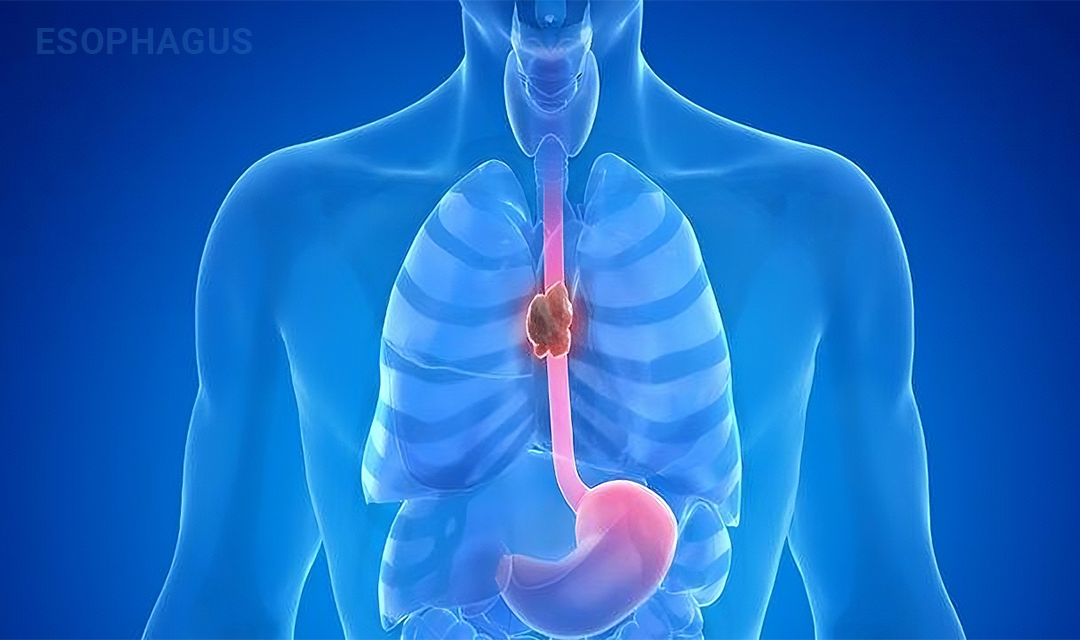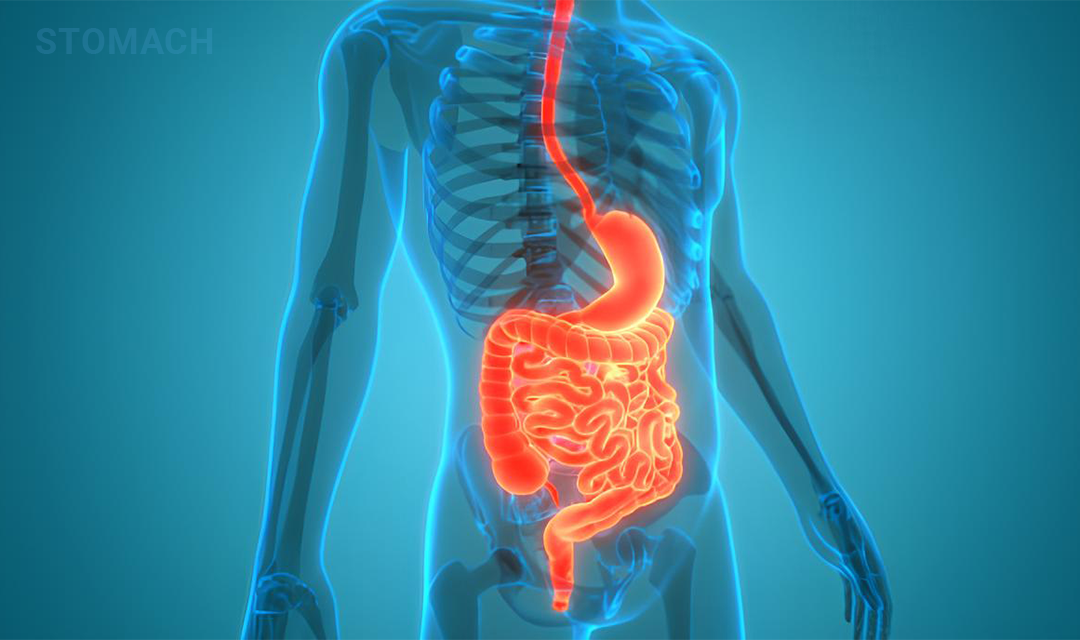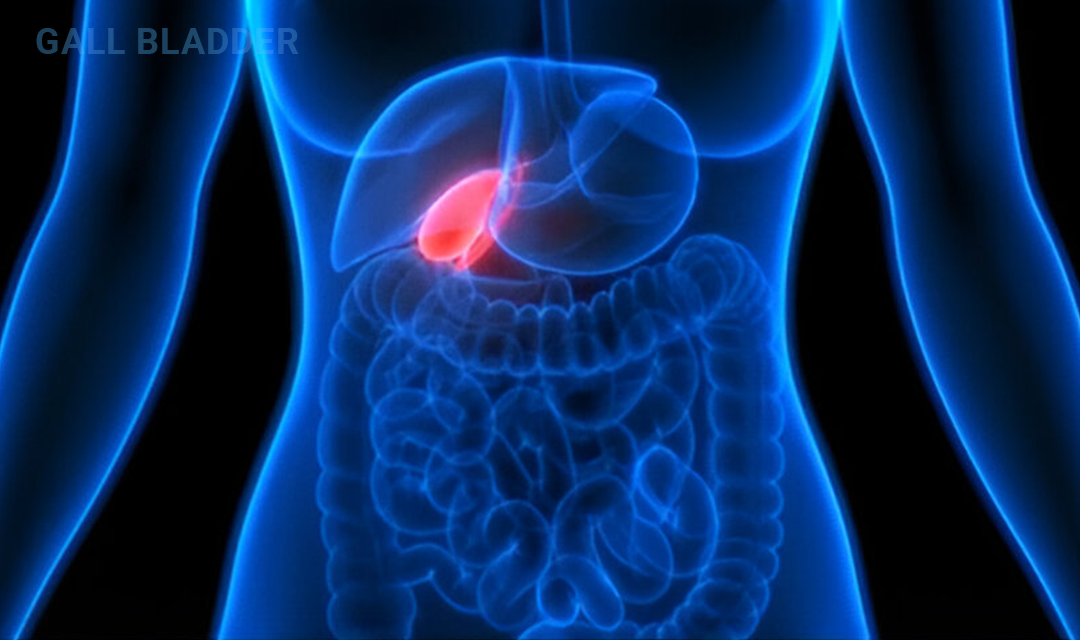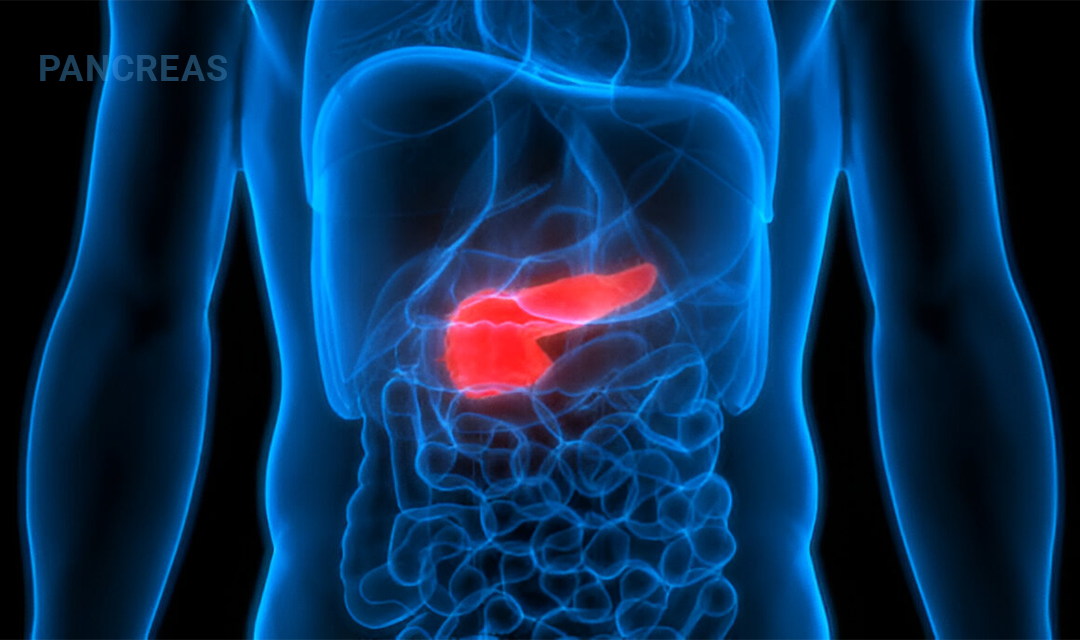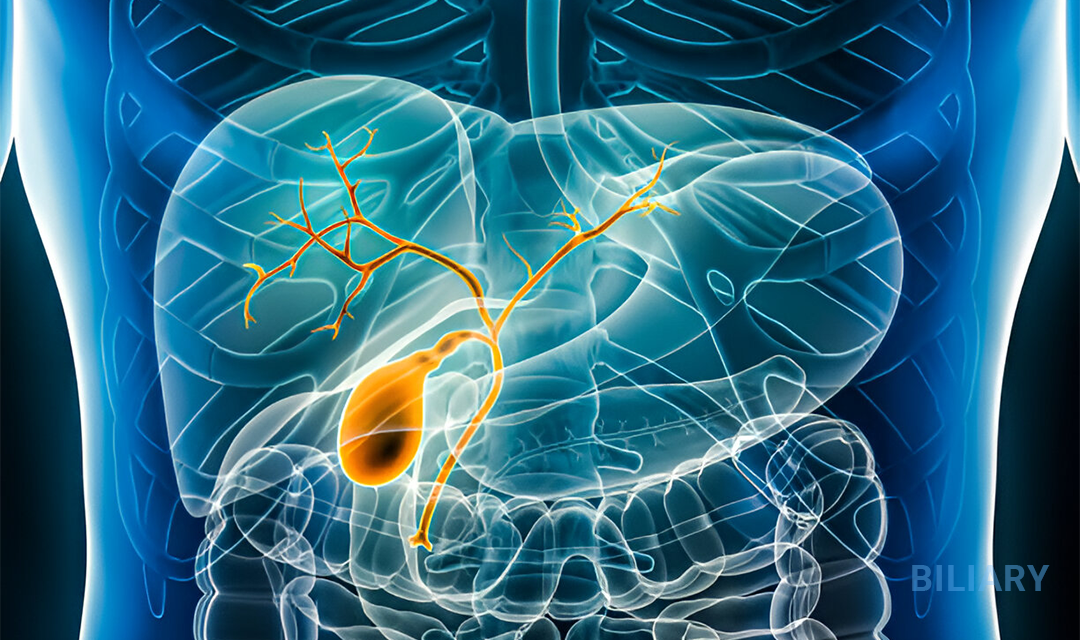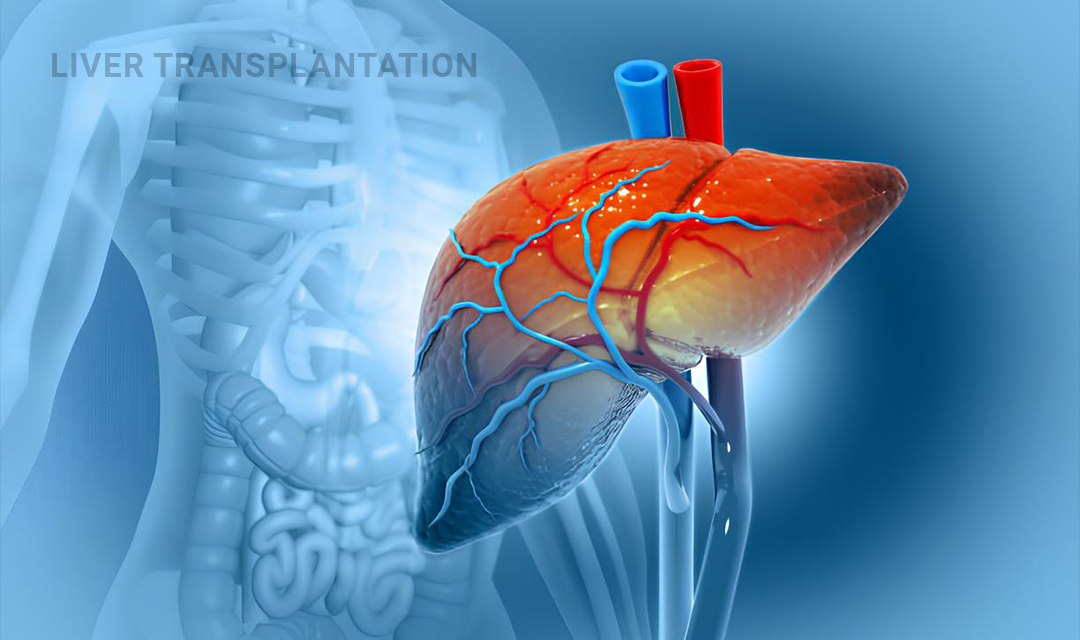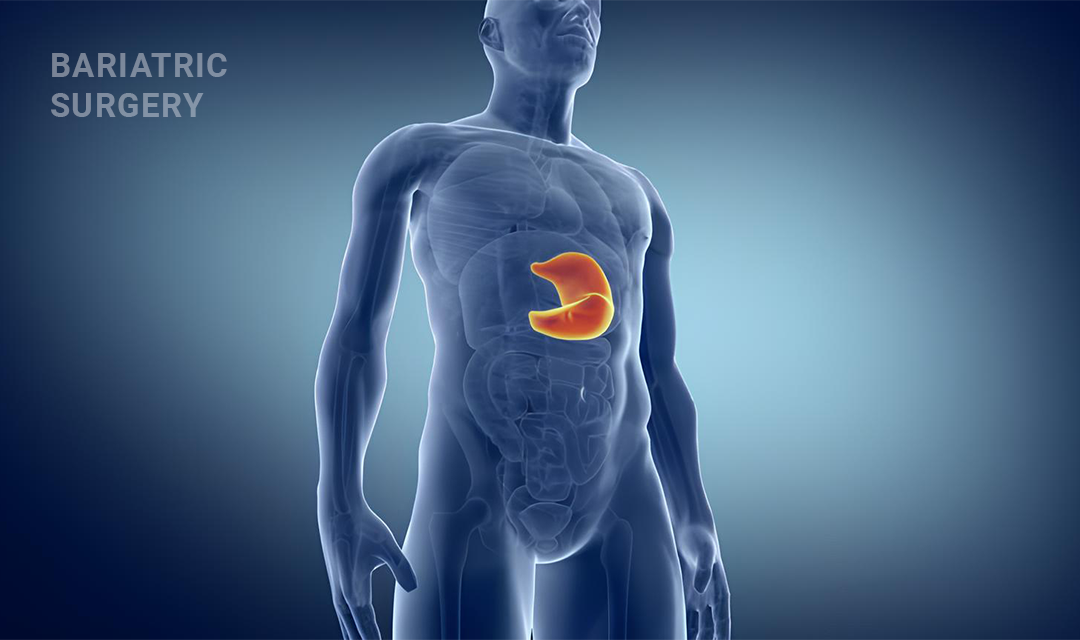
Bariatric Surgery in Guntur - Weight Loss Surgery Specialist
What is Bariatric Surgery?
Bariatric surgery, also known as weight loss surgery, includes a range of procedures designed to help individuals with severe obesity achieve substantial weight loss. These surgeries modify the digestive system to restrict food intake, decrease nutrient absorption, or both, leading to significant weight reduction and improvement in obesity-related conditions.
Types of Bariatric Surgery
-
Roux-en-Y Gastric Bypass (RYGB):
The stomach is divided into a small upper pouch and a larger lower pouch. The small intestine is rearranged to connect to the small upper pouch, bypassing most of the stomach and the beginning of the small intestine. This reduces stomach size and alters digestion.
- Pros: Effective for long-term weight loss and improvement in obesity-related conditions such as type 2 diabetes and hypertension.
- Cons: Risk of nutritional deficiencies, need for lifelong vitamin and mineral supplementation, and potential complications like bowel obstruction.
-
Sleeve Gastrectomy:
Approximately 75-80% of the stomach is removed, leaving a small, tube-shaped stomach. This reduces stomach capacity and affects appetite-regulating hormones.
- Pros: Significant weight loss with fewer complications compared to other procedures; lower risk of nutritional deficiencies.
- Cons: Irreversible; potential for acid reflux and long-term nutritional issues.
-
Adjustable Gastric Banding (Lap-Band):
An inflatable band is placed around the upper stomach, creating a small pouch. The band can be adjusted to control food intake. It’s reversible and adjustable.
- Pros: Reversible, adjustable, and generally has a lower risk of complications.
- Cons: Less effective for weight loss compared to other bariatric procedures; requires regular adjustments and can lead to band slippage or erosion.
-
Biliopancreatic Diversion with Duodenal Switch (BPD/DS):
Combines a sleeve gastrectomy with a bypass of a large portion of the small intestine. This reduces stomach size and limits nutrient absorption.
- Pros: Highly effective for weight loss and improvement of metabolic conditions.
- Cons: Higher risk of nutritional deficiencies and requires strict adherence to dietary and supplementation guidelines.
Advantages of Bariatric Surgery
- Effective Weight Loss: Significant and sustainable weight loss can be achieved.
- Improvement in Obesity-Related Conditions: Can lead to improvement or resolution of conditions such as type 2 diabetes, hypertension, and sleep apnea.
- Enhanced Quality of Life: Many patients experience improved mobility and overall well-being.
- Long-Term Benefits: Potential for long-term health improvements and reduced risk of obesity-related diseases.
Causes for Bariatric Surgery
- Severe Obesity: For individuals with a BMI over 40 or over 35 with obesity-related health conditions.
- Failed Weight Loss Attempts: For those who have not achieved significant weight loss through diet, exercise, or medication.
- Health Improvement: To improve or resolve obesity-related conditions such as type 2 diabetes or heart disease.

“Dr. Varun offers expert care in bariatric surgery, employing advanced techniques to assist patients in achieving significant weight loss and improving their overall health.”
How Bariatric Surgery Works
- Restrictive Mechanism: Procedures like sleeve gastrectomy and adjustable gastric banding reduce the size of the stomach, limiting food intake and helping patients feel full with smaller amounts of food.
- Malabsorptive Mechanism: Procedures like the Roux-en-Y Gastric Bypass and Biliopancreatic Diversion with Duodenal Switch (BPD/DS) alter the digestive process by bypassing parts of the small intestine, reducing calorie and nutrient absorption.
- Combination: Some procedures combine both restrictive and malabsorptive mechanisms to achieve weight loss and improve metabolic health.
Eligibility and Considerations
-
Eligibility Criteria:
- Typically for individuals with a Body Mass Index (BMI) of 40 or greater, or a BMI of 35 or greater with obesity-related health conditions.
- Patients must have tried other weight loss methods without long-term success.
- Assessment of overall health, mental health, and understanding of the lifestyle changes required post-surgery.
-
Considerations:
- Pre-Surgery: Comprehensive evaluation including medical history, psychological assessment, and nutritional counseling.
- Post-Surgery: Lifelong commitment to dietary changes, exercise, and supplementation. Regular follow-up with healthcare providers is essential.
Recovery and Aftercare
- Hospital Stay: Typically, patients stay in the hospital for a few days following surgery, depending on the procedure and individual recovery.
- Dietary Changes: Post-surgery diet gradually progresses from clear liquids to pureed foods and then to solid foods. Long-term dietary changes are crucial for success.
- Physical Activity: Gradual return to physical activity is encouraged, starting with light activities and progressing to more strenuous exercise as advised by the healthcare provider.
- Follow-Up: Regular follow-up appointments are necessary to monitor progress, manage any complications, and ensure nutritional needs are being met.
Frequently Asked Questions (FAQs)
Happy Healing Stories

“Thanks to Dr. Varun’s expertise in bariatric surgery, my procedure was a success, and I’m back to my normal activities with minimal discomfort. His skill and care made all the difference.”
- Rajesh Kumar
- Satisfied Patient

“Dr. Varun’s meticulous approach to my bariatric surgery provided me with a quick recovery and excellent results. I am deeply thankful for his professional care.”
- Sneha Reddy
- Grateful Patient
